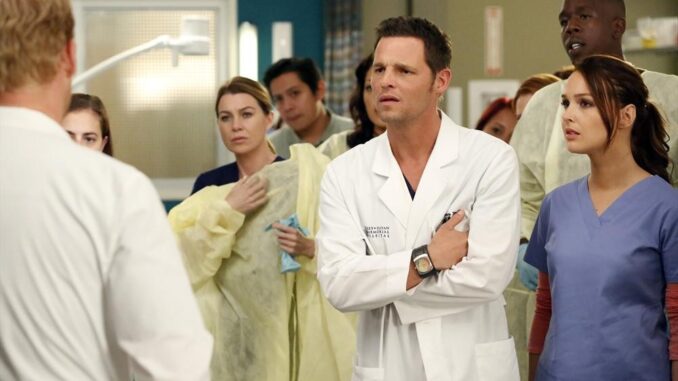
The Breath of Exoneration: Relieved to Learn She Didn’t Mean to Cause the Accident
The crunch echoed in my nightmares for weeks. Metal screaming against metal, the sickening thud, the shatter of glass. I saw it replaying behind my eyelids every time I closed my eyes: my car, crumpled against the other, its driver slumped over the wheel. Guilt, a venomous serpent, coiled tight around my chest, squeezing the air from my lungs. I was responsible. I had been distracted, just for a fleeting second, by a catchy song on the radio, and that second had cost someone their well-being, their peace of mind, and perhaps even more.
For days, I existed in a fog of remorse. The doctor said the other driver, Sarah, had suffered a concussion and whiplash. Nothing life-threatening, thankfully, but that didn't lessen the weight crushing me. I visited her in the hospital every day, offering stammered apologies, my face burning with shame. She was quiet, understandably, her eyes distant and shadowed with pain. She offered polite, almost strained responses, but the silence between us was thick with unspoken accusations. I braced myself, expecting a torrent of anger, of blame. But it never came. Instead, there was just a profound weariness, a tangible sense of loss.
The police investigation dragged on. I cooperated fully, recounting the events, reliving the horrifying moment, each repetition a fresh wound. My lawyer, a sharp-dressed woman named Ms. Alvarez, advised me to limit what I said, but I couldn't. I felt the need to confess, to atone. I needed to own my mistake, to take responsibility.
Then came the day I received the call from Ms. Alvarez, a note of surprising urgency in her voice. "I need you to come down to the office immediately," she said. My heart pounded against my ribs. Had Sarah decided to sue? Was the severity of her injuries greater than initially reported? The serpent of guilt tightened its grip, squeezing even harder.
Ms. Alvarez sat me down in her dimly lit office, her face grave. "We've received the accident report," she said, her tone measured. "There's something you need to know."
She explained that the investigation had revealed a malfunction in Sarah's car. A faulty brake line had caused a sudden, unexpected failure moments before the impact. The mechanics confirmed it, pointing to a small, almost invisible fracture in the metal. It was a defect, a random flaw, an unavoidable accident waiting to happen.
The information hung in the air, heavy and disorienting. For a moment, I couldn't process it. My mind, so long focused on my own culpability, struggled to reconcile this new reality. Then, slowly, comprehension dawned. I hadn't been the sole cause. The blame, the crushing weight, wasn't entirely mine.
Relief washed over me, a tidal wave of emotion that threatened to knock me off my feet. It was an overwhelming sense of exoneration, a breath of fresh air after being submerged in guilt for so long. Tears welled in my eyes, not tears of self-pity, but tears of profound release.
Of course, the knowledge didn't erase the accident, nor did it alleviate my remorse for the pain Sarah had endured. My distraction had certainly contributed to the collision, and I still bore a share of the responsibility. But it wasn't the entire story. The accident wasn't solely my fault.
Armed with this new information, I visited Sarah in her home. She was still recovering, but her eyes were brighter, the shadows less pronounced. I explained what the police report had revealed, carefully choosing my words. I didn't want to dismiss her suffering, to minimize my role in the accident. I simply wanted her to know the truth.
As I spoke, I watched her face. A mixture of emotions played across her features: confusion, disbelief, and finally, a quiet acceptance. "So… it wasn't just you?" she asked, her voice barely a whisper.
"No," I said, meeting her gaze. "It wasn't just me."
In that moment, a bridge was built. The silence between us was still there, but it was different now. It was a silence born not of accusation, but of shared understanding. We were both victims of circumstance, caught in the web of an unforeseen tragedy.
Knowing that Sarah understood, that she didn't believe I had deliberately caused her harm, allowed me to finally begin to heal. The image of the crumpled cars still haunts me, but the serpent of guilt has loosened its grip. The breath of exoneration has filled my lungs, allowing me to breathe again, to forgive myself, and to move forward, forever mindful of the fragility of life and the devastating consequences of even the smallest distraction. The accident, while still a source of pain, has also become a reminder: a reminder that truth, however difficult to uncover, is essential for healing, and that even in the darkest moments, a glimmer of relief can be found.